Choosing the Right Contractor
Choosing the Right Contractor: A Step-by-Step Guide
Embarking on a home renovation or commercial construction project is a significant investment, both financially and emotionally. One of the most crucial decisions you'll make is choosing the right contractor. The contractor you select will be responsible for bringing your vision to life, managing the project's budget and timeline, and ensuring the quality of the work. A poor choice can lead to headaches, delays, and costly mistakes, while the right partner can make the process smooth, stress-free, and ultimately rewarding.
At Five Mile Construction, we understand the importance of this decision. We believe that an informed client is an empowered client. That's why we've created this comprehensive guide to help you navigate the process of choosing the right contractor for your project. Follow these steps to ensure you make a confident and informed decision.
1. Define Your Project Scope and Budget:
Before you start contacting contractors, take the time to clearly define the scope of your project and establish a realistic budget.
- Project Scope: What exactly do you want to achieve? Create a detailed list of your needs, wants, and desired outcomes. Gather inspiration from magazines, websites, and other sources. The more specific you can be, the better contractors can understand your vision.
- Budget: Determine how much you're willing to invest in your project. Research average costs for similar projects in your area and be prepared to discuss your budget openly with potential contractors. Remember to factor in a contingency fund of 10-20% for unexpected expenses.
2. Seek Recommendations and Research Online:
Start your search by asking for recommendations from friends, family, neighbors, and colleagues who have recently completed similar projects. Online resources are also invaluable:
- Referrals: Personal recommendations are often the most reliable, as you can get firsthand insights into a contractor's work ethic, communication style, and overall performance.
- Online Reviews: Websites like Google, Yelp, and Angi provide reviews and ratings from past clients. Pay attention to both positive and negative reviews, looking for recurring themes or patterns.
- Contractor Websites: Explore the websites of potential contractors. Look for a professional presentation, detailed information about their services, a portfolio of past projects, and client testimonials.
- Social Media: Check out their social media pages. This can offer a glimpse into their company culture, current projects, and how they engage with clients.
3. Verify Licensing and Insurance:
This is a non-negotiable step. Always verify that the contractor is properly licensed and insured.
- Licensing: Contractor licensing requirements vary by state and locality. Check with your local licensing board to confirm that the contractor holds the appropriate licenses for the type of work you need. Proper licensing ensures that the contractor meets minimum standards of competency and experience.
- Insurance: Contractors should carry both liability insurance and workers' compensation insurance. Liability insurance protects you from financial responsibility if property damage occurs during the project. Workers' compensation insurance covers medical expenses and lost wages for workers injured on the job. Ask for proof of insurance certificates and verify their validity.
4. Request and Compare Multiple Bids:
Don't settle for the first quote you receive. Obtain at least three detailed bids from different contractors.
- Detailed Bids: Ensure that each bid includes a comprehensive breakdown of costs, including materials, labor, permits, and any other expenses. The bid should also outline the project timeline, payment schedule, and warranty information.
- Compare Apples to Apples: When comparing bids, make sure you're comparing similar scopes of work and material specifications. Be wary of significantly lower bids, as they may indicate lower quality materials, inexperienced labor, or hidden costs that will surface later.
5. Interview Potential Contractors:
Once you've narrowed down your list, schedule interviews with your top choices. This is your opportunity to assess their communication style, professionalism, and overall fit for your project.
- Ask Questions: Prepare a list of questions beforehand. Inquire about their experience with similar projects, their approach to project management, their communication process, and how they handle change orders or unexpected issues. Here is a sample list of questions:
- How long have you been in business?
- Can you provide references from past clients?
- How do you handle change orders?
- What is your payment schedule?
- What is your project timeline?
- Who will be my main point of contact during the project?
- How do you ensure quality control?
- What is your warranty policy?
- Assess Communication: Pay attention to how clearly and promptly they respond to your questions. Do they listen attentively to your needs and concerns? Effective communication is crucial for a successful project.
- Trust Your Gut: Consider your overall impression of the contractor. Do they seem trustworthy, reliable, and knowledgeable? Do you feel comfortable working with them?
6. Check References:
Always ask for and contact references from past clients. This is your chance to get firsthand feedback on the contractor's performance.
- Prepare Questions: Ask specific questions about the contractor's communication, timeliness, adherence to budget, quality of work, and overall professionalism.
- Listen Carefully: Pay attention to both positive and negative feedback. Ask follow-up questions to gain a deeper understanding of the client's experience.
- Visit Past Projects: If possible, ask to visit a completed project or a project currently in progress. This will allow you to see the quality of their work firsthand.
7. Review the Contract Carefully:
Before signing any contract, review it thoroughly. Make sure it includes all the details discussed, including:
- Scope of Work: A detailed description of the work to be performed.
- Materials: Specifications for all materials to be used.
- Timeline: A clear project timeline, including start and completion dates.
- Payment Schedule: A breakdown of payments and due dates.
- Change Order Process: A procedure for handling changes to the original scope of work.
- Warranty Information: Details about the contractor's warranty on labor and materials.
- Dispute Resolution: A clause outlining how disputes will be resolved.
8. Establish a Clear Communication Plan:
Once you've selected a contractor, establish a clear communication plan.
- Regular Updates: Determine how often you'll receive updates on the project's progress.
- Preferred Communication Methods: Establish your preferred methods of communication (e.g., phone, email, text).
- Point of Contact: Identify your primary point of contact on the contractor's team.
9. Document Everything:
Keep a detailed record of all communications, agreements, and payments throughout the project. This will be invaluable if any issues arise.
Five Mile Construction: Your Trusted Partner
At Five Mile Construction, we believe in transparency, integrity, and building strong relationships with our clients. We're committed to providing exceptional service and craftsmanship on every project. We encourage you to follow this guide when choosing a contractor, and we're confident that you'll see the Five Mile Construction difference.
Contact us today to discuss your project and experience firsthand our commitment to quality, communication, and client satisfaction. Let us help you build your vision with confidence!



